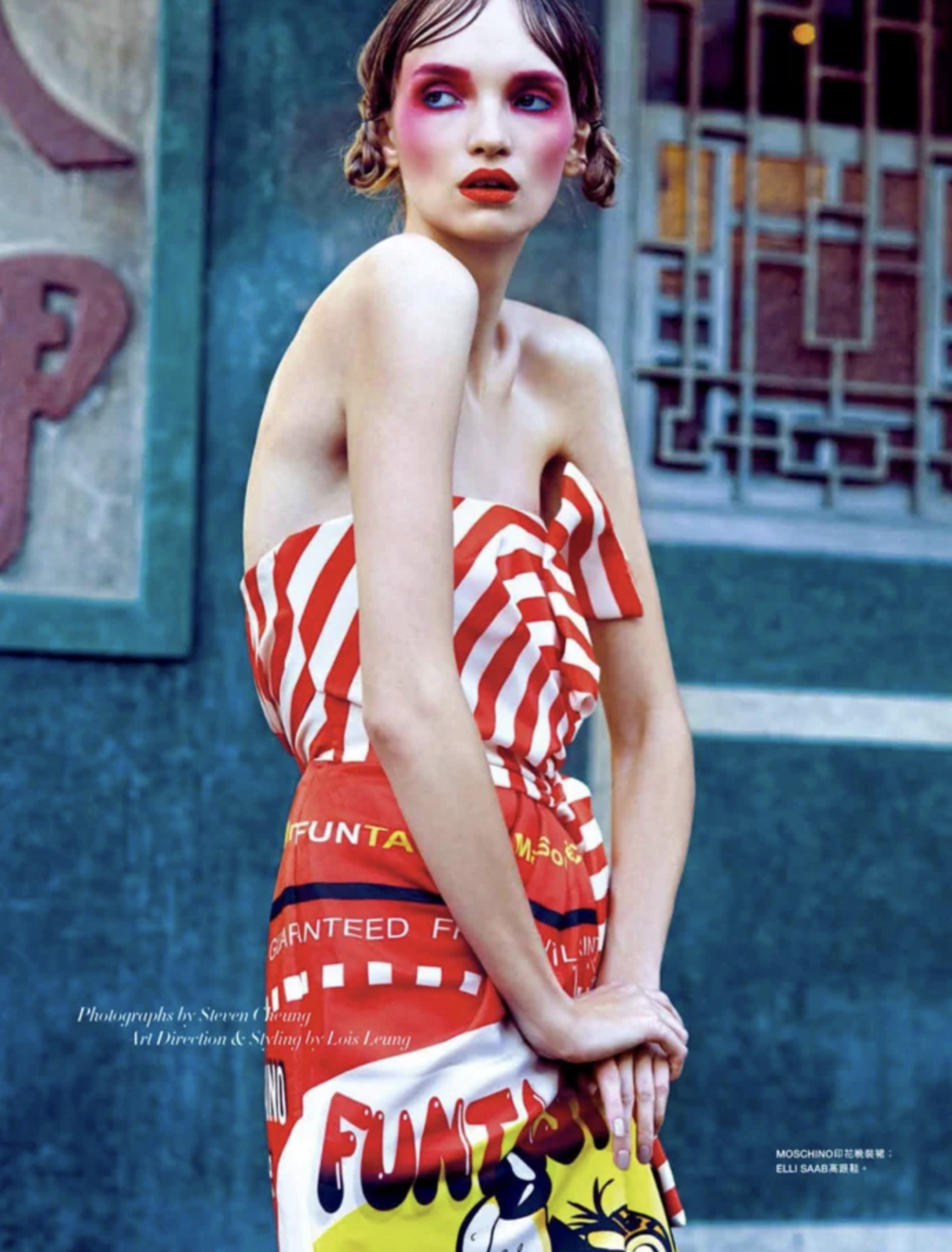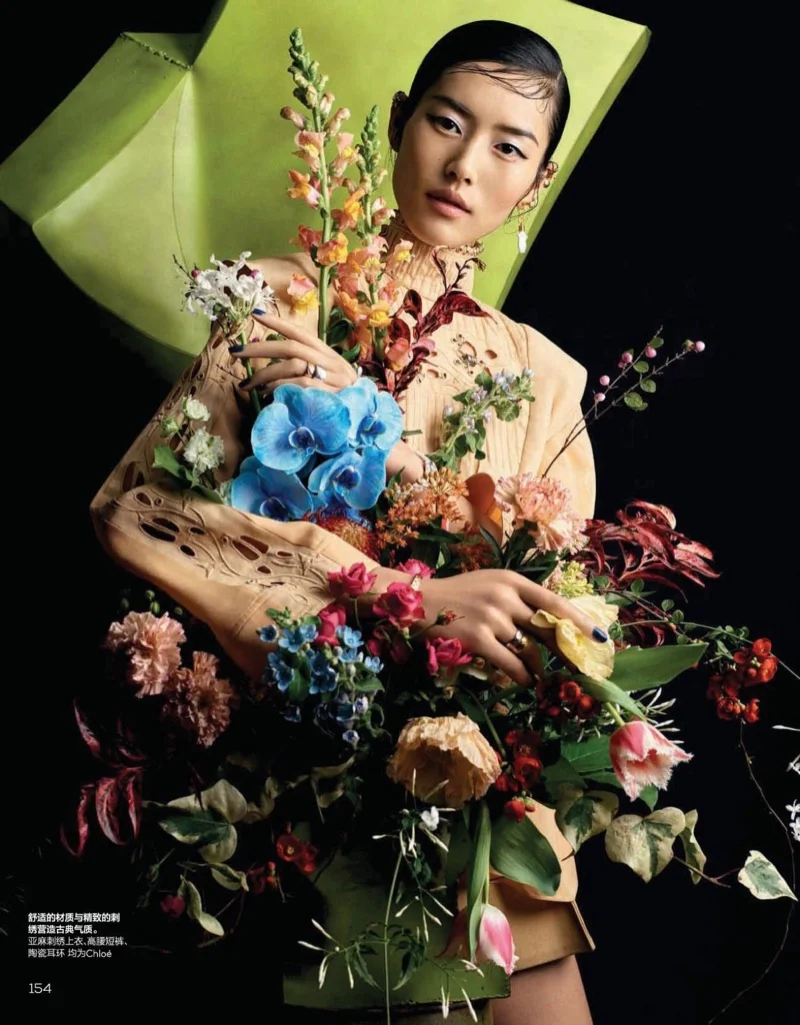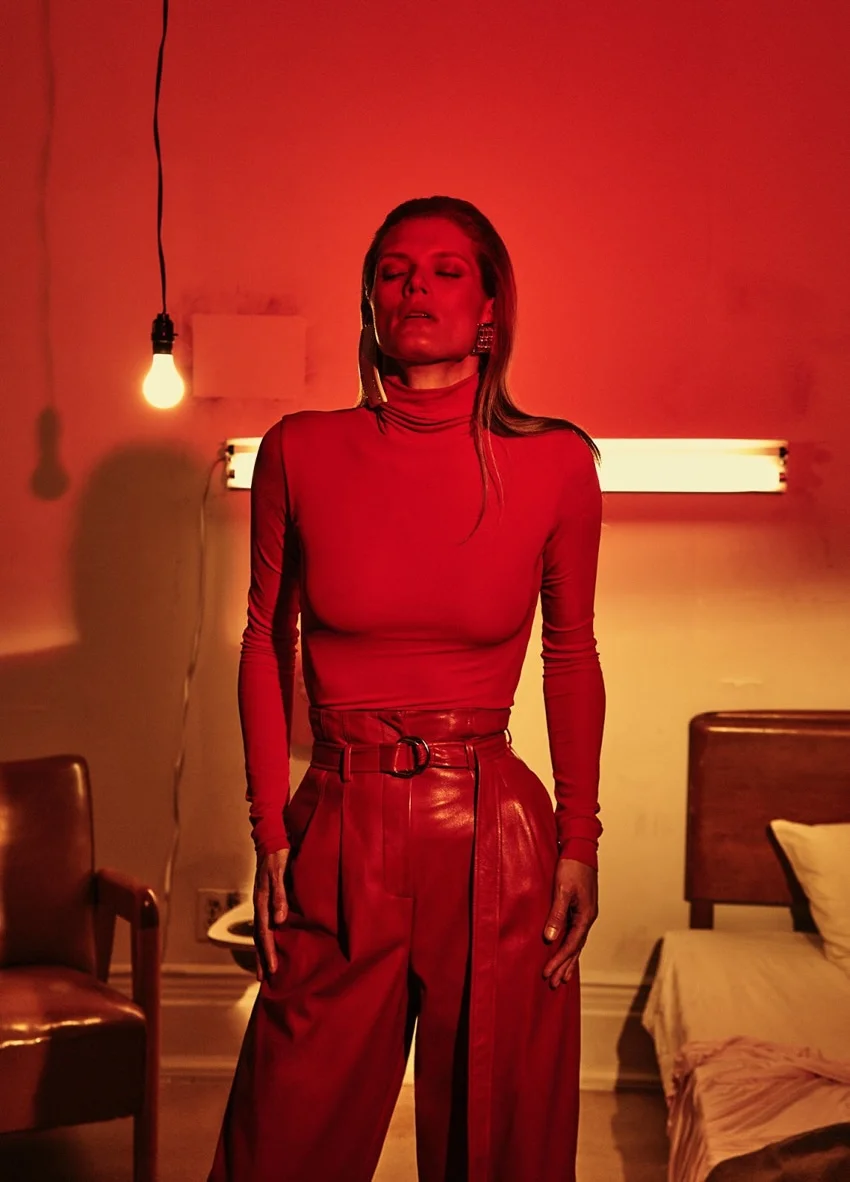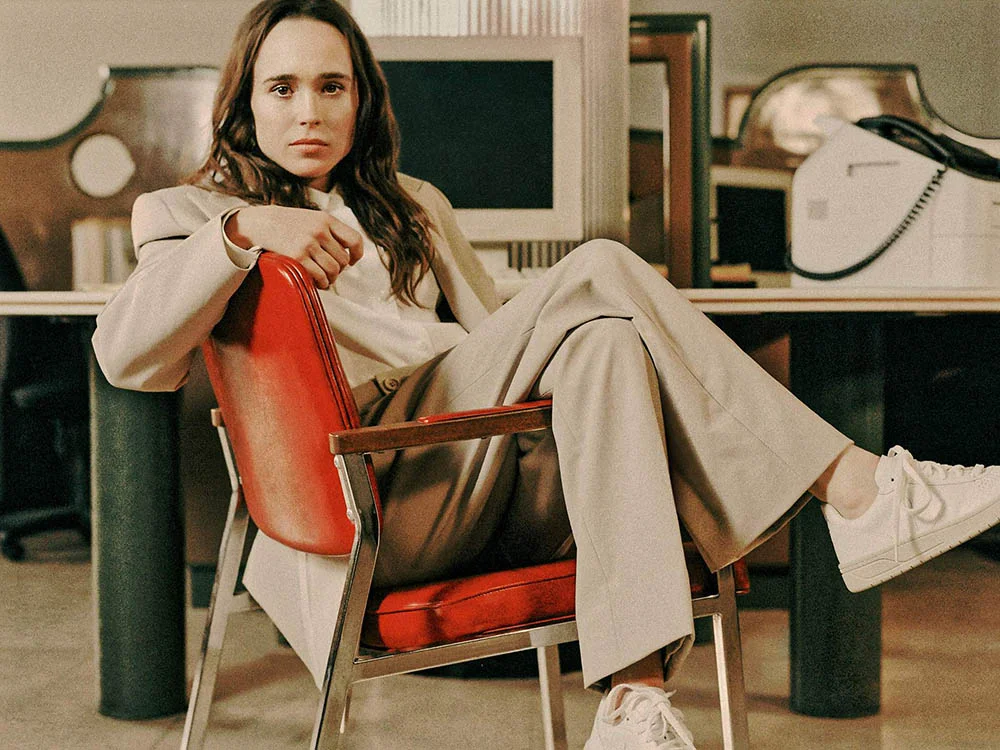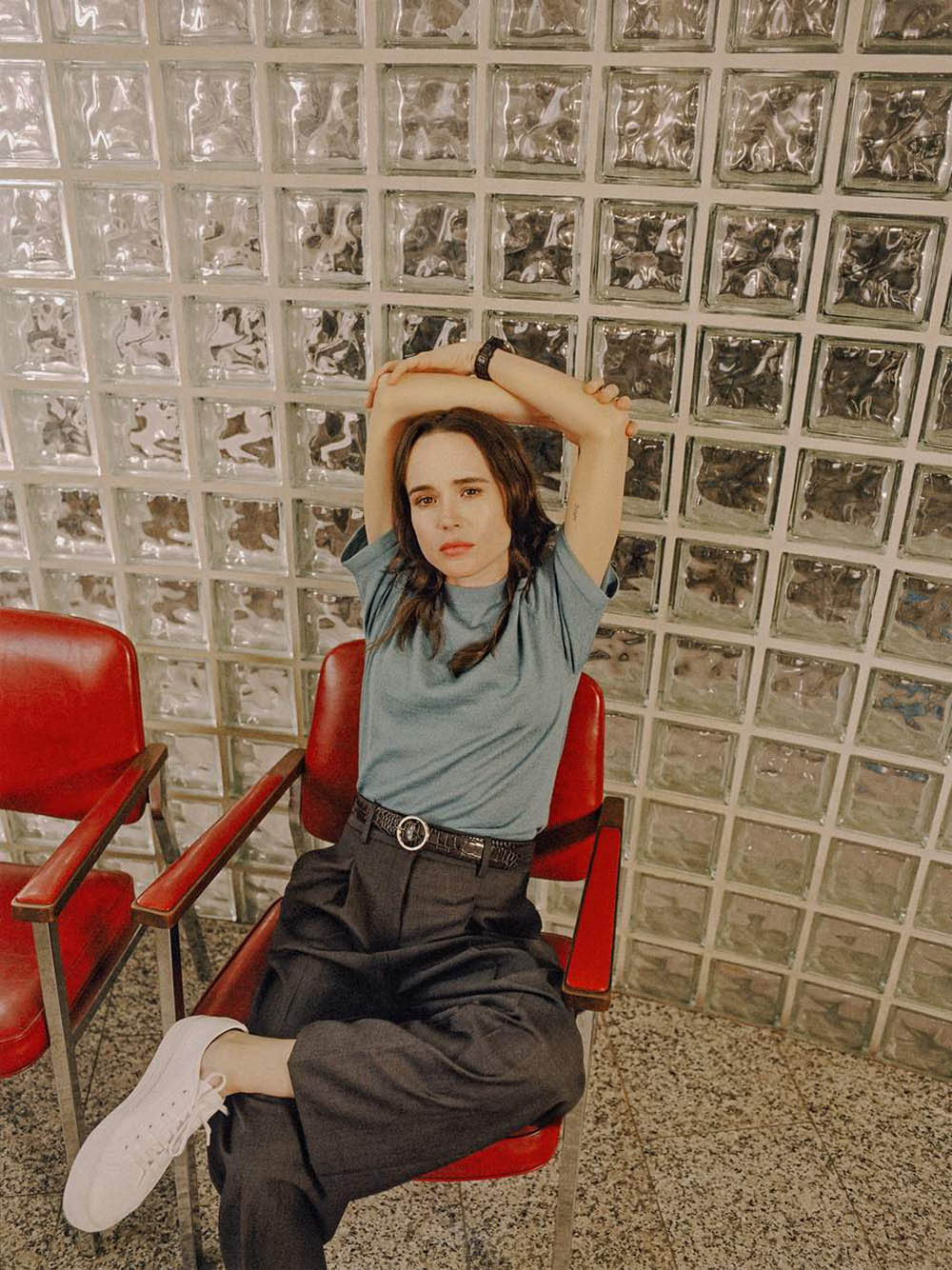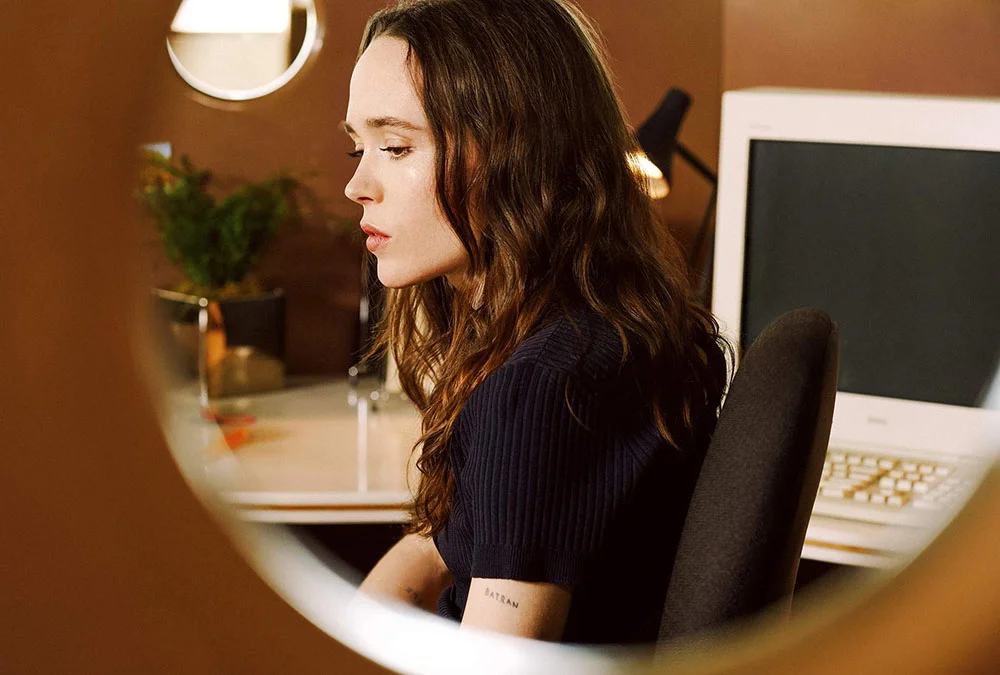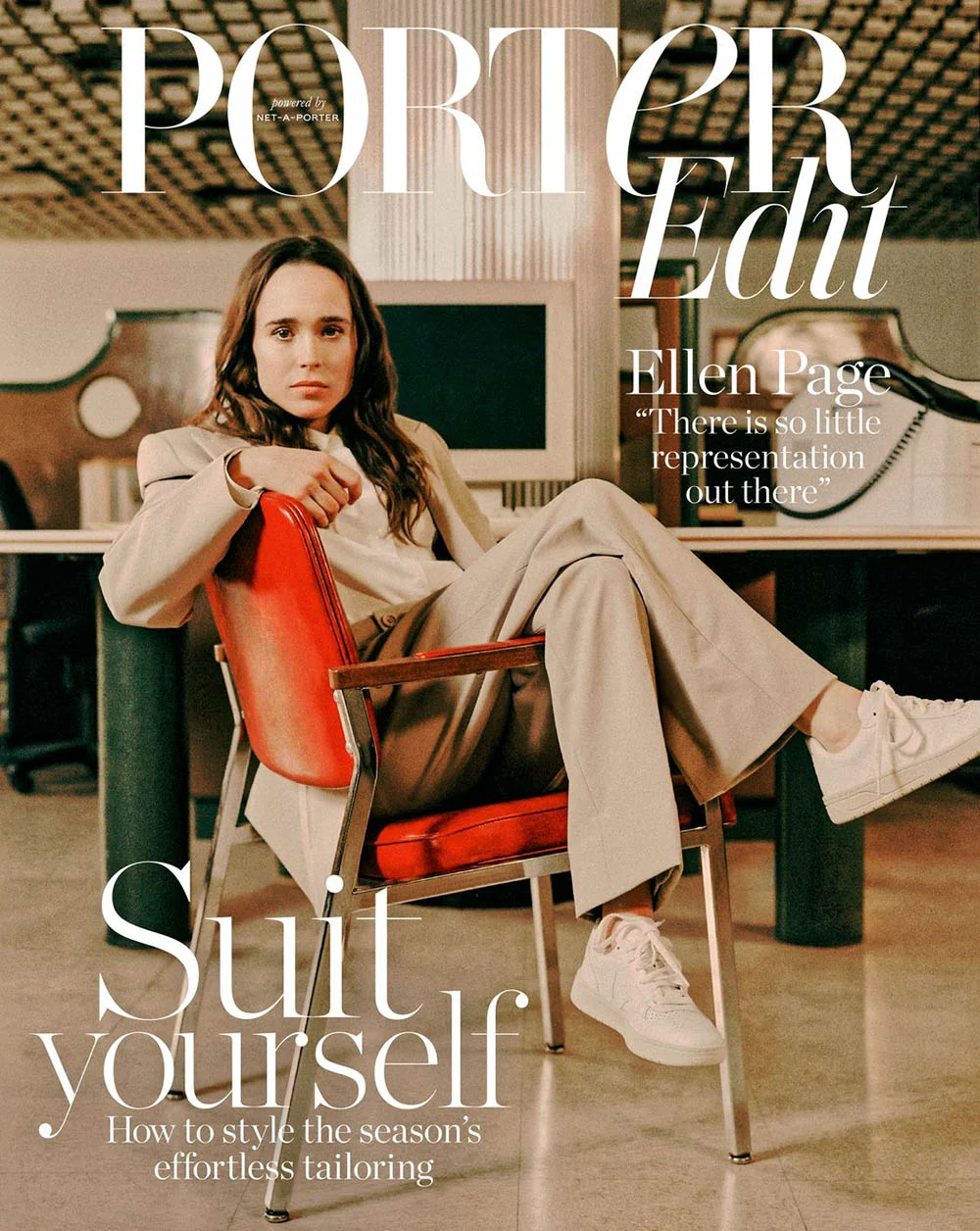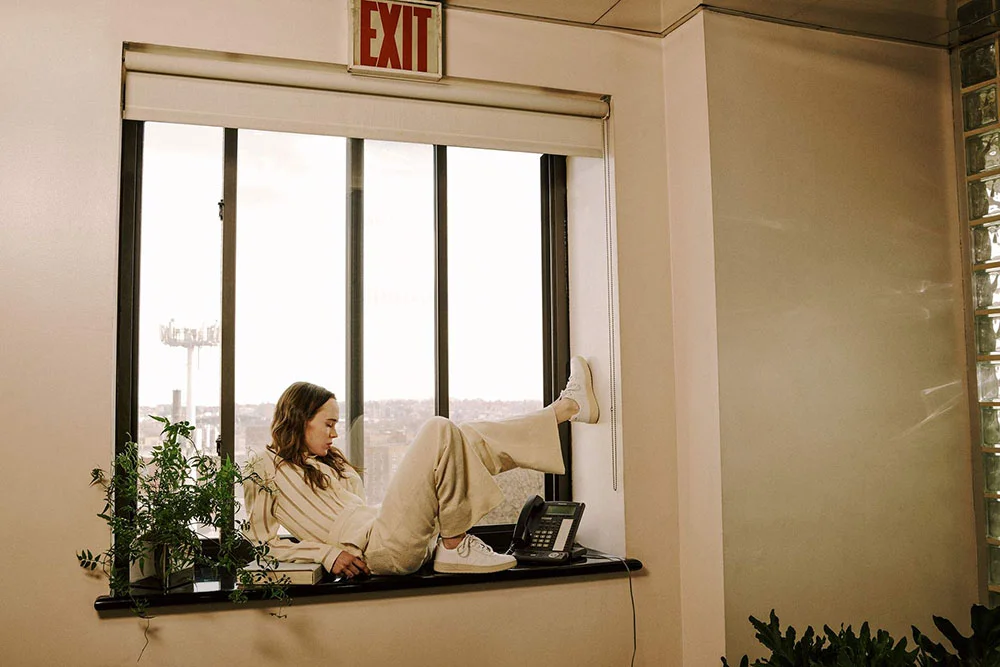Actor Ellen Page Is Lensed By Tiffany Nicholson In Her Porter Edit Case For Wearing Flats
/Canadian actor Ellen Page is styled by Tracy Taylor in designs from Helmut Lang, Theory, Jason Wu, Carcel, Saint Laurent, Joseph, Max Mara, Bottega Veneta, Givenchy, Alexa Chung and more. Photographer Tiffany Nicholson captures the reflective Page in Stella McCartney and Veja sneakers for the February 2019 cover story ‘Taking the Lead’ on Porter Edit. / Hair by Edward Lampley; makeup by Frankie Boyd
Page now stars as Vanya, aka Number Seven, in the 10-part Netflix series ‘The Umbrella Academy.’ Number Seven appears to be the only one of seven children — adopted by a mysterious scientist under equally mysterious birth circumstances — who has no special powers.
Netflix ‘The Umbrella Academy’ Trailer with Ellen Page
“She had a very abusive childhood, as did they all,” Page says about Vanya in her interview with Jane Mulkerrins.. “But on top of the abuse, she has been separated from the others, and constantly made to feel worthless. As an adult, it’s hard for her to have intimate relationships, and she struggles with anxiety and depression. I’m sure a lot of people, particularly young women, will really relate to her.”
The actor also has a role in another Netflix production, ‘Tales of the City’.
The much-anticipated limited series is a continuation of the early 1990s show based on the books by Armistead Maupin, which were ground-breaking in their depiction of queer and transgender characters. Laura Linney and Olympia Dukakis both reprise their roles 25 years on from the original: Linney (who also serves as executive producer) as Mary Ann Singleton, the naive Ohio native who uproots to San Francisco on a whim; Dukakis as her marijuana-growing transgender landlady, Anna Madrigal. Page plays Mary Ann’s adopted daughter, Shawna.
“I’m so grateful to be a part of something that offers a lot of representation,” says Page. “But it doesn’t scratch the surface – there’s still so little out there. And what comes of that is a perpetuation of negative stereotypes and people still not understanding what LGBTQ people deal with.” The cast includes a number of trans and non-binary members, including actress Daniela Vega and director Silas Howard, who has directed on both Pose and Transparent. “It was the most inclusive set, in every aspect of the production, that I’ve ever been on,” says Page. “It is just different, and you do feel it. It’s something I want to do better and better at with anything I produce too.”
Hollywood Homophobia
At this point in her interview, Page plunges into her own experience with Hollywood homophobia.
“I was distinctly told, by people in the industry, when I started to become known: “People cannot know you’re gay,” Page tells Mulkerrins.” And I was pressured — forced, in many cases — to always wear dresses and heels for events and photo shoots.
The ruse didn’t work. Reflecting about the days after her Oscar nominated lead role in ‘Juno’, the tabloids made mincemeat of Page.
"I was 20, I had just fallen in love for the first time with a woman, and I was still navigating my own stuff, while people were writing articles headlined: 'Ellen Page’s sexuality sweepstake'," she said. "There was a tabloid magazine that I saw at every checkout, in every gas station, with a picture of me on the cover, and the question: 'Is Ellen Page gay?' It was very detrimental to my mental health."
The actor, now married to dancer Emma Portner, does believe that progress has been made in the last decade, but discrimination and challenges abound. Reflecting back a decade, the gender and sexuality activist is unwincing. “As if lesbians don’t wear dresses and heels. But I will never let anyone put me in anything I feel uncomfortable in ever again.”
Note from Anne: There’s a bit of irony in the flat shoes vs heels discussion, given my recent AOC post on this very topic. Younger women are far more vocal about not being forced to wear heels to look and behave like a ‘female’ (whatever that means). Refusing to bow to a dress code that required her to wear 2-4” heels to “meet and greet” business people (largely men, I assume), temp worker Nicola Thorp was dismissed from a corporate finance company for not wearing heals. Thorp launched a petition demanding that the British Parliament change the rules around dress codes to guarantee that a female couldn’t be dismissed in routine office or business-related work for not wearing heels. Follow her story here.
It’s clear to me that the topic of comfort has broadened in a major way, from a purely physical concept, into one with psychological and identity references. Young people possess far greater expansive thinking around gender identity and gender fluidity than older people.
Yes, the entire topic of female vs male physical identity is caught up in the larger argument — and backlash — between liberals and conservatives generally around gender. But the moment a clothing-related narrative encompasses gender-identity in the concept of ‘comfort’, we are talking a major change in design thinking. Even androgynous design has been more rooted in identity than comfort.
Remember that all young women can use flat shoes —not only for pure comfort, walking faster, or as a way of pushing back against patriarchal norms — but also as a way of supporting the larger assault against LGBTQQIAAP rights. Their own gender identity is irrelevant to the preference for flats. If you don’t understand my point, it may be time for you to start reading. ~ Anne
